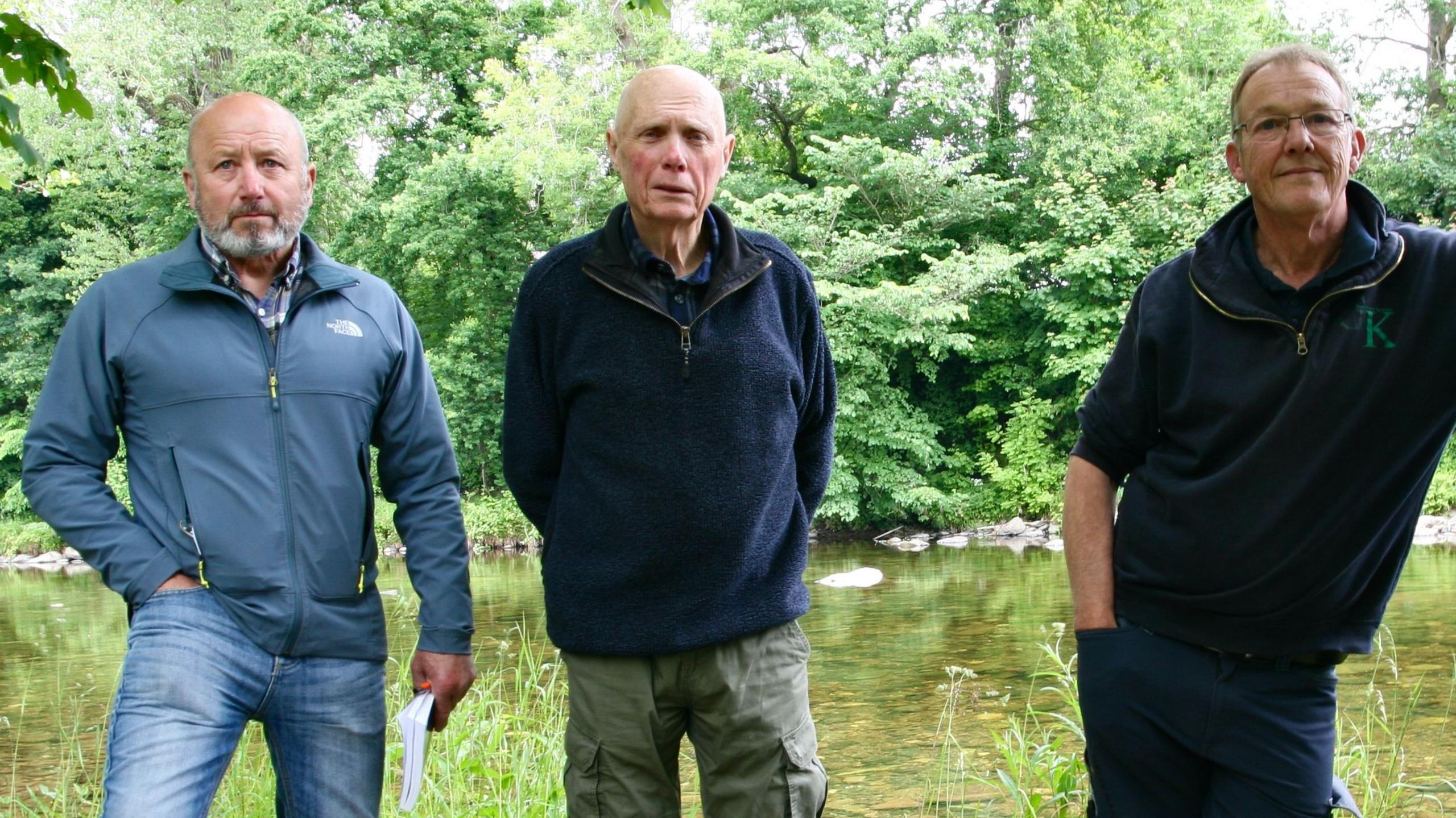Salmon 'at risk of extinction' as study launched
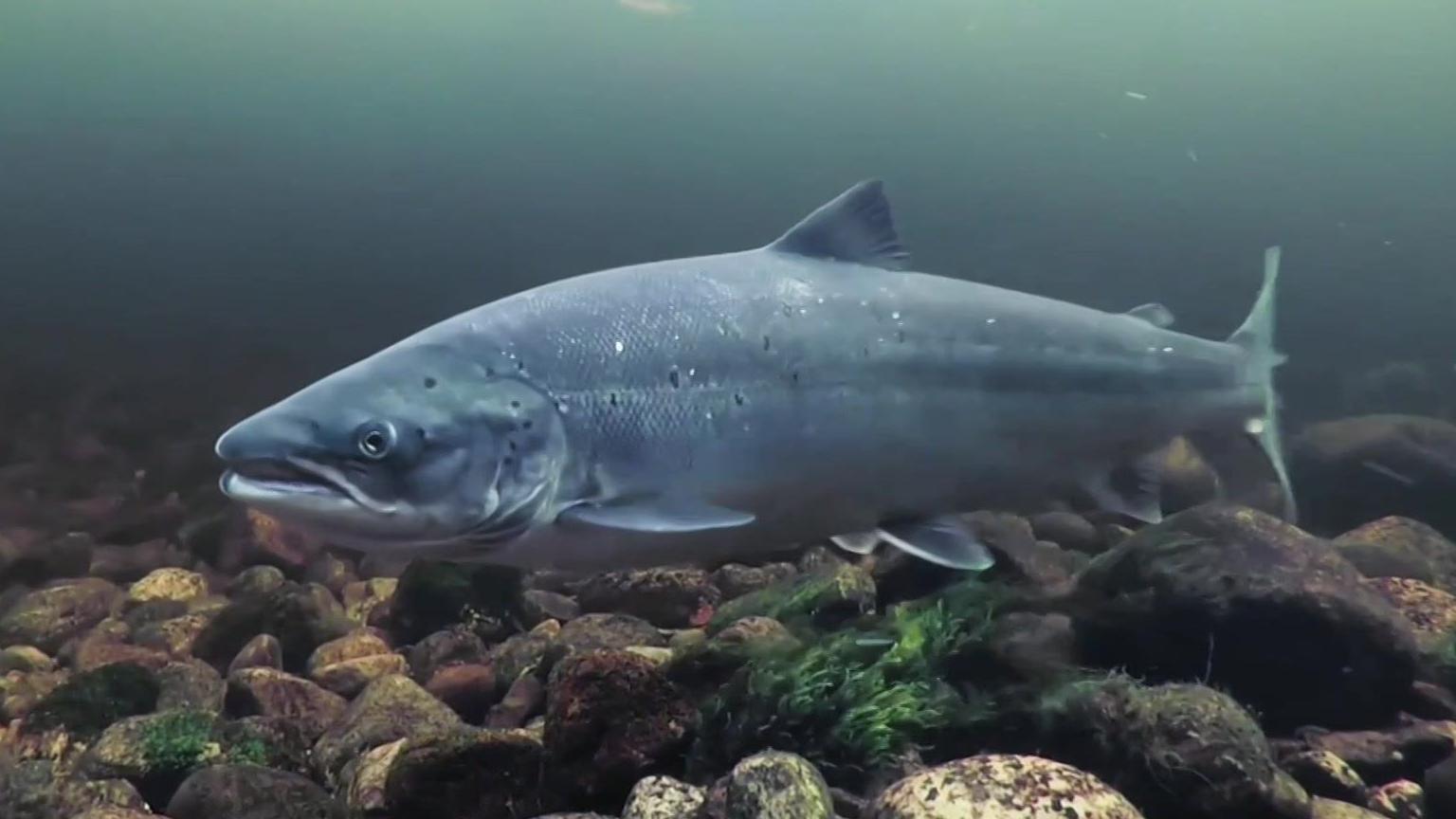
Atlantic salmon are at risk of extinction according to experts due to issues getting from the River Itchen to the sea
- Published
The head of an environmental charity fears Atlantic salmon are at risk of extinction if their young cannot reach the sea.
The Environment Agency has launched a study to look for ways to help the species travel from the River Itchen in Hampshire, to the ocean.
The agency says juvenile salmon in Southampton, known as smolts, are struggling to get past barriers in the river, which is contributing to population decline.
CEO of Wessex Rivers Trust, Dr Dave Rumble, said the salmon's future looked "pretty bleak" unless things changed.
He added: "Extinction is looking like a real possibility within a small number of years if we don't really rally some activity."
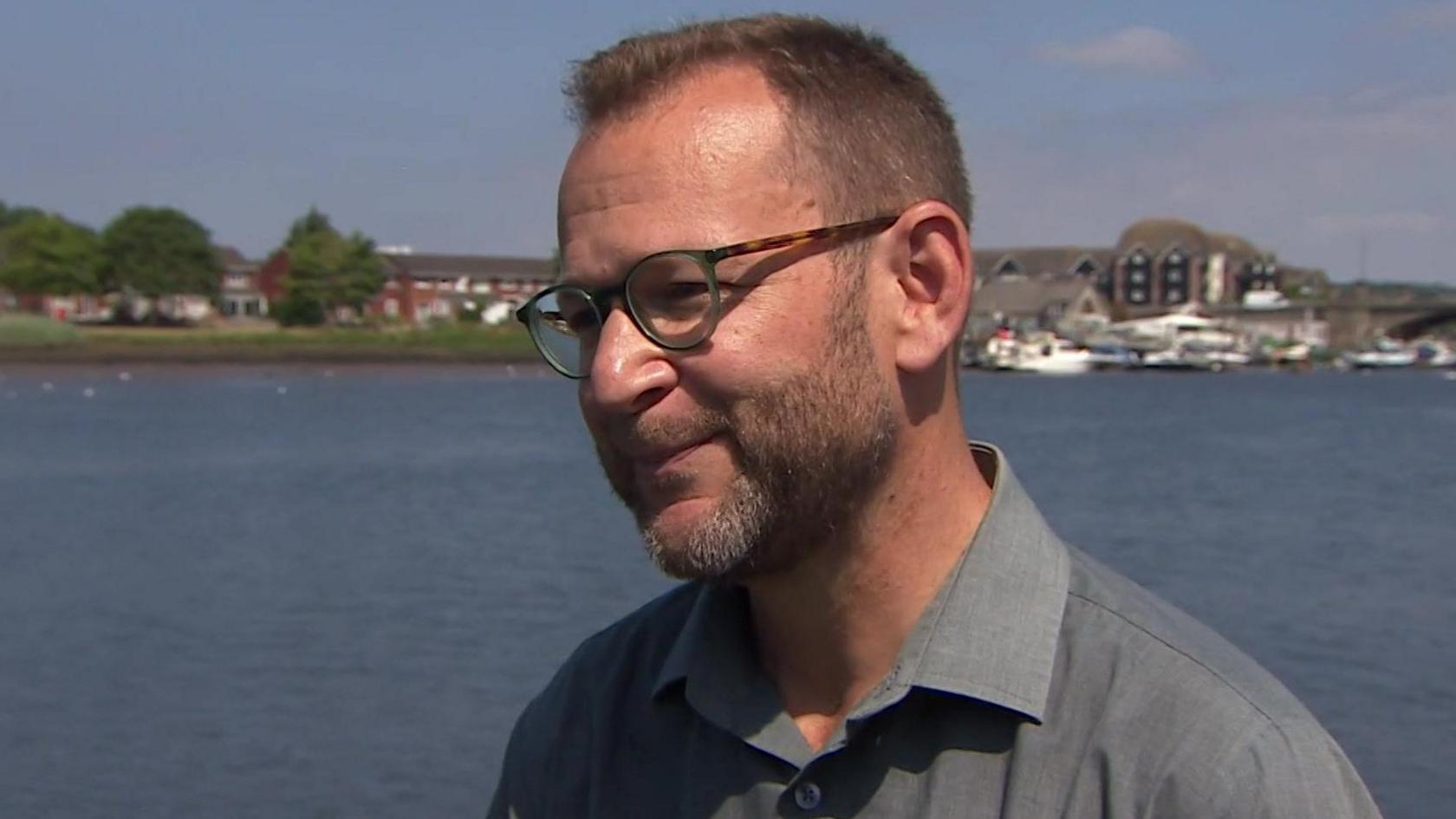
Dr Dave Rumble is among those working with the Environment Agency to help boost the salmon population
The Environment Agency will be investigating the lower part of the River Itchen, between Woodmill to Mansbridge.
By October it expects to "identify suitable options" to help salmon, including river habitat, improving fish passage and more community engagement.
Jackie Mellan, the agency's project manager for the study, said: "The River Itchen has really changed in the past 10 years.
"The first step is finding out what can be done to improve the river system and increase its ecological resilience. For salmon that means improving migration to the sea and boosting their odds of returning to spawn."
'More smolt friendly'
Shoals of juvenile salmon start their journey from the Itchen to the sea in the spring, but experts say the fish are "struggling to get past the first hurdle" due to changes around the estuary.
In a statement, the agency explained: "It was once used for transport and trade as a sea lock and onward travel to Winchester. Now, the current structures control water levels through Riverside Park.
"These structures present the biggest obstacles for smolts, especially in large groups."
It said the change in water velocity makes smolts "bunch up", adding: "Eventually the current carries them over or under the structures and back onto their journey to the sea.
"But the delay impedes their migration and worsens the odds of them completing their lifecycle and eventually returning as adults to spawn."
The agency is now working with partners, like Wessex Rivers Trust, to figure out how to make fish passage "more smolt friendly".
Get in touch
Do you have a story BBC Hampshire & Isle of Wight should cover?
You can follow BBC Hampshire & Isle of Wight on Facebook, external, X (Twitter), external, or Instagram, external.
- Published2 May 2024
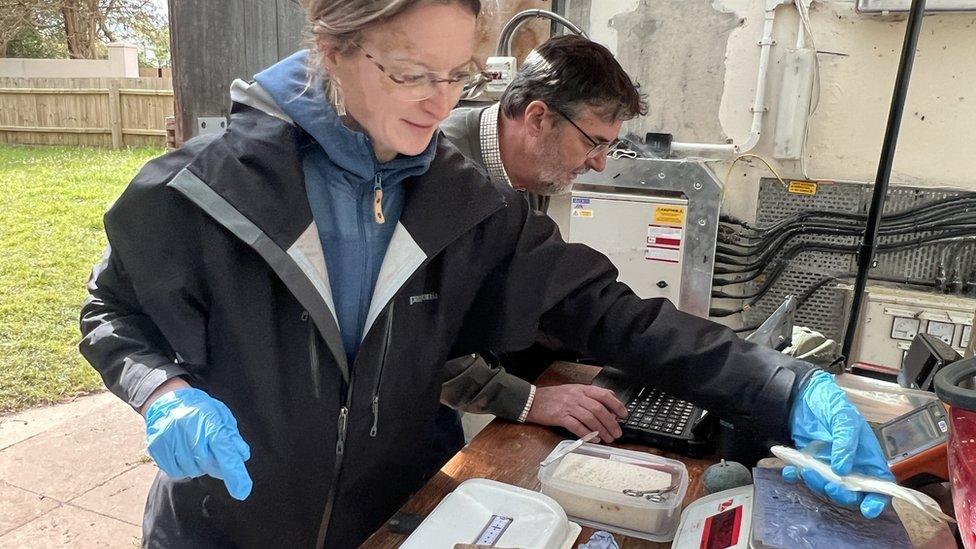
- Published17 January
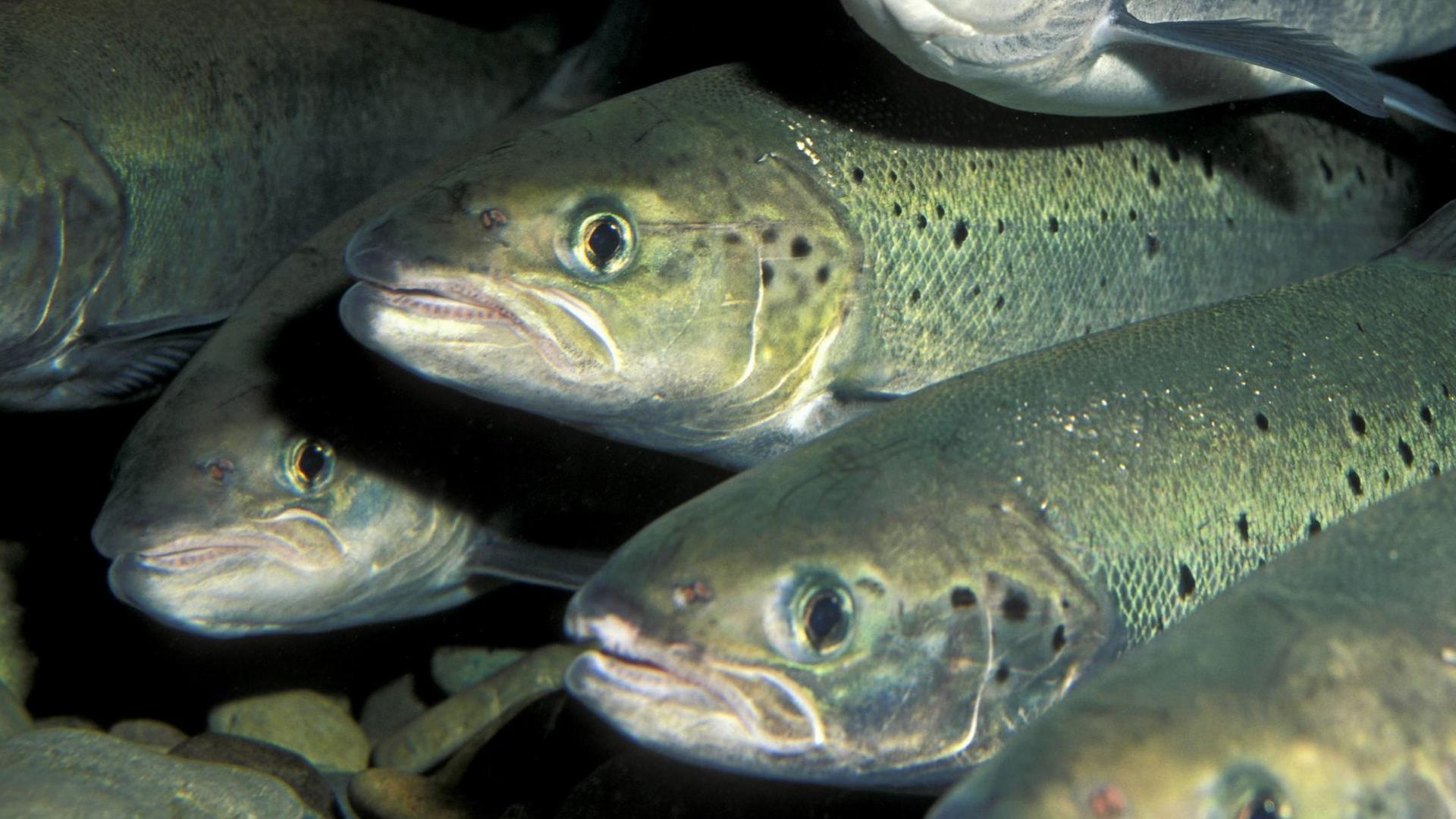
- Published8 March 2024
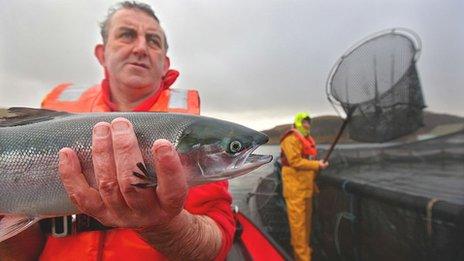
- Published16 June 2024
